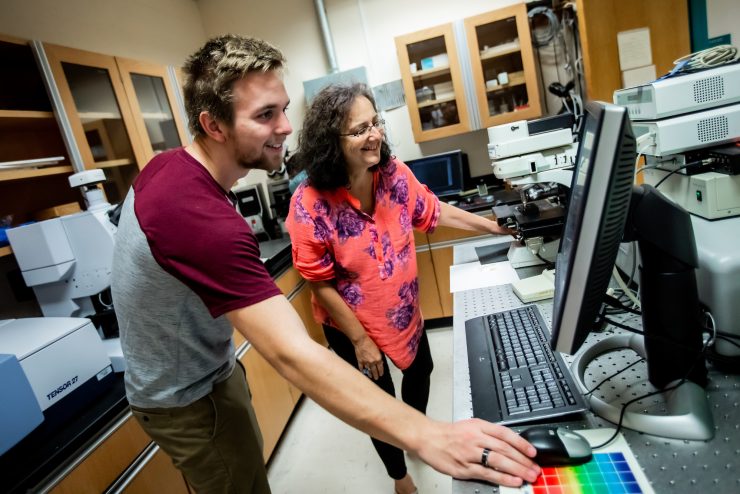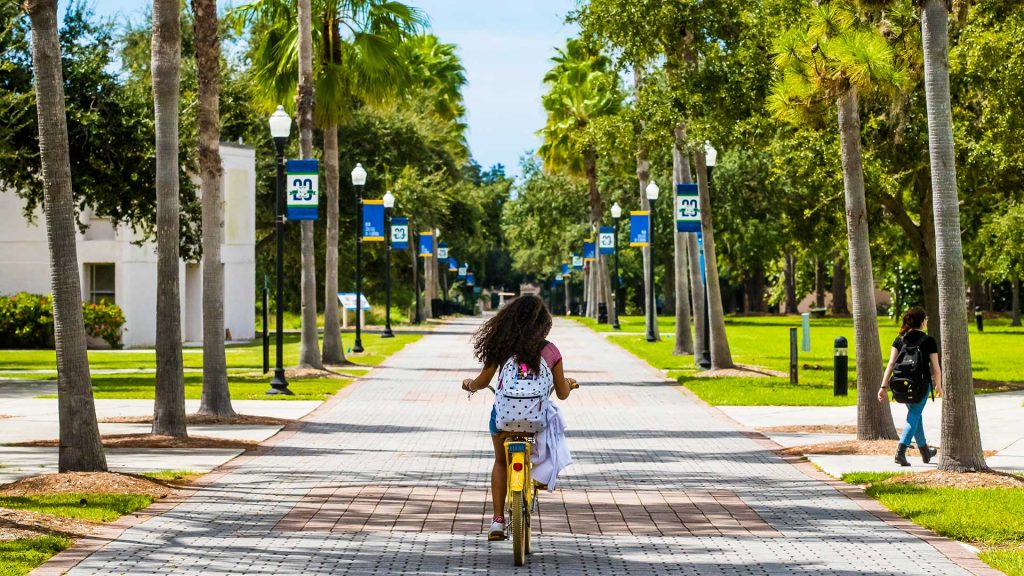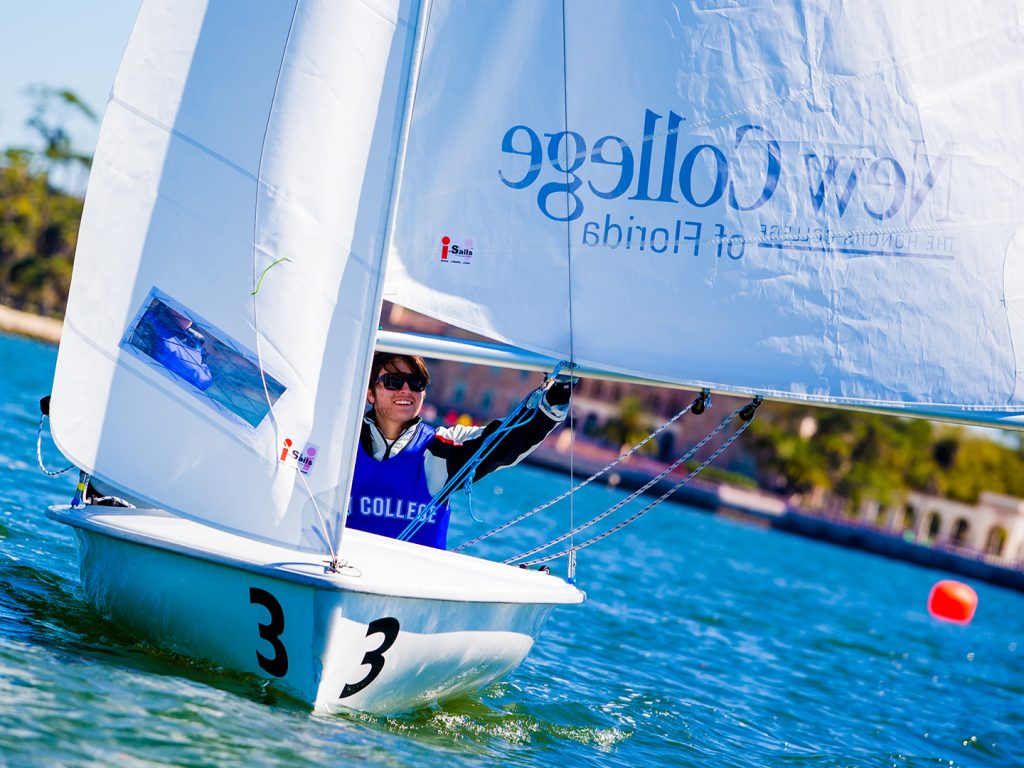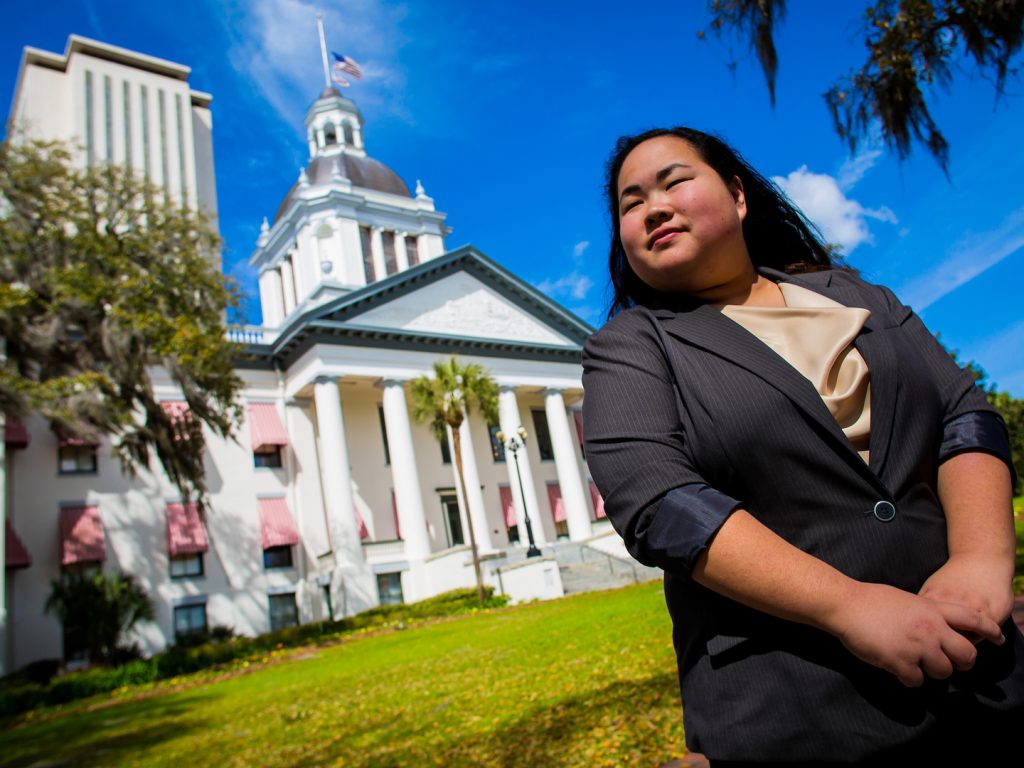
Academic advising is a core feature of the New College experience and our coordinated, team-based approach to advising will help you navigate New College on a pathway to lifelong learning.
Your academic sponsor will serve at the center of your advising team. From your initial mini-classes to your baccalaureate exam, the conversations you have with your sponsor will guide you through your coursework, internships, areas of concentration and senior project. These conversations will be informed by those you have with your assigned career coach and any additional student support services that you choose to access. Together, your advising team will work collaboratively with you, setting goals and mapping your personal path to success.
Quick Links
More Information
Resources for Advisors & Students
Additional Advising resources for students and guidelines for faculty advisors can be found on the NCF Community Pages (MyNCF login required).
Chart Your Course Curriculum
This signature program, entirely unique to New College, is designed to give you a competitive leg up in the job market—equipping you with transferable skill sets, while inspiring you with intellectually challenging courses.
Degree Requirements
What is required for your Baccalaureate Degree from New College?
Pre-Professional Communities
Interested in a legal career or a career in medicine and healthcare? Learn about our Pre-Law and Pre-Health (including Pre-Med, Pre-Dental, Pre-Vet, and Pre-Pharmaceutical) programs.
When you graduate from New College, you can look back on having planned an individualized academic program, read and written extensively, done original research and completed a major thesis based on research or creative work in your Area of Concentration. These accomplishments are looked on favorably by the nation’s most prestigious post-graduate programs.
Acceptance rates for grad school are very high. From 2004 to 2008, for example, 87 percent of New College students who applied to a Masters/Ph.D. program were accepted, and 85 percent were accepted into law school. The prestigious Wall Street Journal has ranked New College the nation’s No. 2 public feeder school for elite law, medical and business schools. Of all science graduates since 1967, roughly one-third have earned an M.D. or Ph.D.
A survey of alumnae/i who graduated between 1996 and 2007 reveals much about their graduate school experiences. Here are some of the results:
- 71% of respondents enrolled in at least one graduate or professional program since graduating.
- 55% reported that they earned at least one degree or professional certificate.
- 38% had earned master’s degrees.
- 17% enrolled in medical schools for veterinary medicine, pharmacy or medical degrees. All graduates with medical degrees reported being employed full-time in the medical field.
- 10% were either enrolled or earned degrees in law.
- 67% reported enrolling in doctoral level programs of study. Those who had earned their degrees landed careers as professors, psychologists and researchers.
- Graduate school was a strong choice for alumnae/i who had graduated in these particular Areas of Concentration: Anthropology (70%); Biology (78%); Chemistry (86%); Literature (64%); Philosophy (65%) and Psychology (80%).
- The top graduate or professional schools attended by New College graduates included the University of Florida, the University of Wisconsin, the University of Chicago, Columbia University, American University, Carnegie Mellon University, Yale University and the New School for Social Research.
Plagiarism and cheating are not condoned at New College of Florida.
Plagiarism is defined as “literary theft” and consists of the unattributed quotation of the exact words of a published text, or the unattributed borrowing of original ideas by paraphrase from a published text.
On written papers for which the student employs information gathered from books, articles, web sites, or oral sources, each direct quotation, as well as ideas and facts that are not generally known to the public at large, or the form, structure, or style of a secondary source must be attributed to its author by means of the appropriate citation procedure. Only widely known facts and first-hand thoughts and observations original to the student do not require citations. Citations may be made in footnotes or within the body of the text.
Plagiarism also consists of passing off as one’s own segments or the total of another person’s work.
Cheating is defined as follows:
- The unauthorized granting or receiving of aid during the prescribed period of a course-graded exercise: students may not consult written materials such as notes or books, may not look at the paper of another student, nor consult orally with any other student taking the same test;
- Asking another person to take an examination in his/her place;
- Taking an examination for or in place of another student;
- Stealing visual concepts, such as drawings, sketches, diagrams, musical programs and scores, graphs, maps, etc., and presenting them as one’s own;
- Stealing, borrowing, buying, or disseminating tests, answer keys or other examination material except as officially authorized, research papers, creative papers, speeches, etc.
- Stealing or copying of computer programs and presenting them as one’s own. Such stealing includes the use of another student’s program, as obtained from the magnetic media or interactive terminals or from cards, print-out paper, etc.




